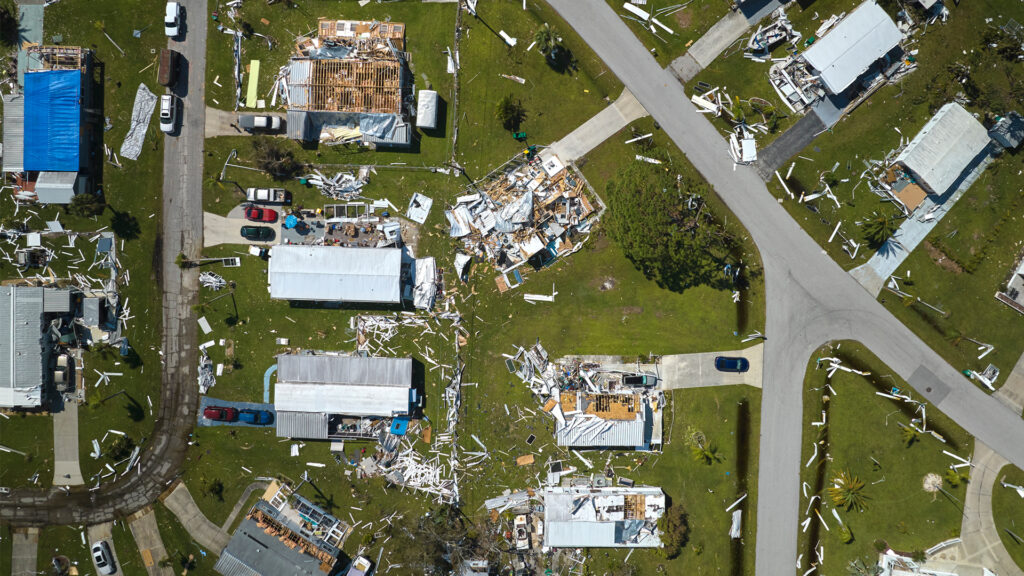A roundup of news items related to climate change and other environmental issues in Florida:
The best upgrade to reduce a home’s hurricane damage? A newer roof, FEMA study finds | Miami Herald

Every time a hurricane slams into Florida, experts and residents alike come to the same conclusion: new and better building codes work.
Newer homes almost always survive powerful hurricanes better than older ones, thanks to Florida building codes that have been beefed up over the last few decades of hurricane strikes.
But a FEMA report surveying the damage done by Hurricane Ian, which struck Southwest Florida in 2022, found that the entire house didn’t have to be brand new to provide significantly increased protection. Researchers found that newer roofs alone — even attached to old homes — were the single most important upgrade in damage assessments.
Ana Maria Rodriguez, Lindsay Cross seek carbon sequestration task force | Florida Politics
Sen. Ana Maria Rodriguez and Rep. Lindsay Cross are working across the aisle to improve Florida’s carbon footprint.
The Dora Republican and St. Petersburg Democrat filed legislation that could create a task force to develop a carbon sequestration program. As defined by the Department of Energy, sequestration involves capturing carbon dioxide from industrial facilities and removing it from the atmosphere, then storing it in other geographic locations.
“With an abundance of land and marine resources, Florida can be a leader in carbon sequestration,” Cross said. “This task force will help us identify how we can optimize carbon storage in our natural and agricultural areas for the benefit of our environment, our economy and our food systems.”
Why people don’t have to pay anything for electricity in this Florida community | Washington Post
HUNTERS POINT, Fla. — In this Florida development, no one pays an electricity bill.
It’s not because of subsidies, but by design: All of the 86 homes built or planned in Hunters Point, a residential development about an hour south of Tampa, boast 14 solar panels and a 12-kilowatt-hour home battery in the utility closet.
On a typical afternoon, the solar panels on William and Sueann Fulford’s three-story house produce twice as much power as it consumes. They use some of the extra electricity to charge their battery, which powers their home through the night, and sell the rest to the power grid. The couple had been paying electric bills as high as $600 a month at times in their previous home in Virginia Beach.
If you have any news items of note that you think we should include in our next roundup, please email The Invading Sea Editor Nathan Crabbe at nc*****@*au.edu. Sign up for The Invading Sea newsletter by visiting here.



